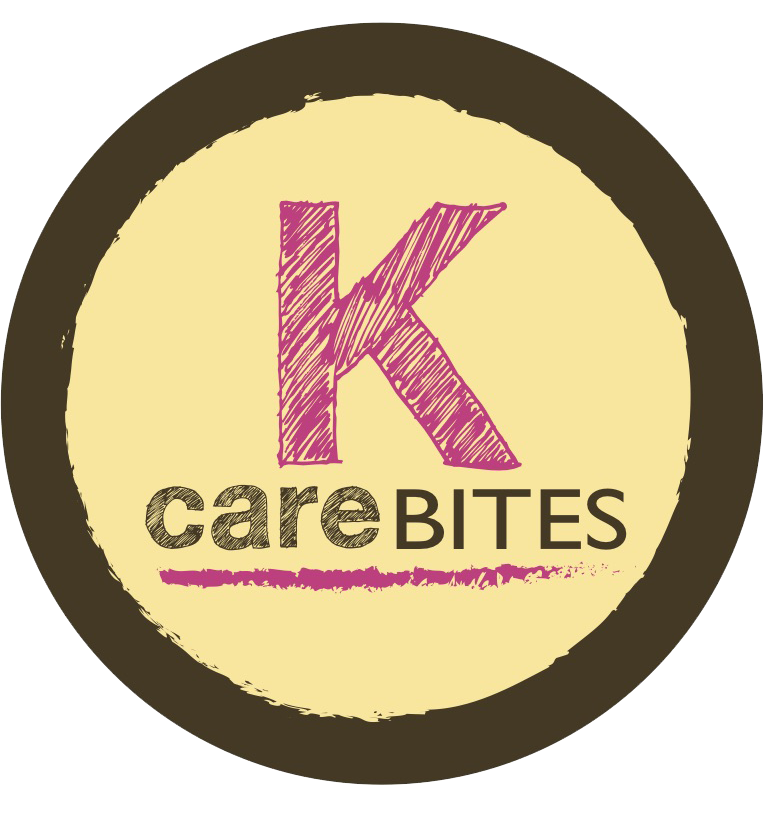Reduce your intake of highly processed foods
- Posted on: Nov 1 2018

According to the United States Department of Agriculture (USDA), processed food is defined as any raw agricultural commodity that has been subject to washing, cleaning, milling, cutting, chopping, heating, pasteurizing, blanching, cooking, canning, freezing, drying, dehydrating, mixing, packaging or other procedures that alter the food from its natural state. By this definition then, most foods we eat are processed. So when are processed foods bad for health?
Processed foods are bad for health when they are highly processed because they may include other ingredients such as preservatives, flavors, nutrients and other food additives or substances approved for use in food products, such as salt, sugars and fats. These foods should be reduced in your diet. If you eat a lot of highly processed foods, you risk getting too much sodium, added sugars and unhealthy fats. Highly processed foods include the following:
- Foods with ingredients added for flavor and texture (sweeteners, spices, oils, colors and preservatives) include jarred pasta sauce, salad dressing, yogurt and cake mixes.
- Ready-to-eat foods — such as crackers, chips and deli meat.
- The most heavily processed foods often are frozen or pre-made meals, including frozen pizza and microwaveable dinners.
Ways you can reduce consumption of heavily processed foods:
- Choose fresh, whole, unprocessed fruits and vegetables.
- Cook at home and make items from scratch whenever possible.
- Read the ingredient list and nutrition facts on packaged foods: Look for hidden sugar, fat and salt. Just because a product might read “natural” or “organic” doesn’t necessarily mean it’s better for you. Look for words such as sugar, maltose, brown sugar, corn syrup, cane sugar, honey and fruit juice concentrate. Foods that are “low-fat” may be high in sugar and foods that are low-sodium may have other preservatives.
- Choose healthier snack options: such as cut-fruit, sliced vegetables, nuts and homemade popcorn.
- Make smart choices when eating out: pick from the healthier options and ask questions on how the food is prepared.
Posted in: Uncategorized


